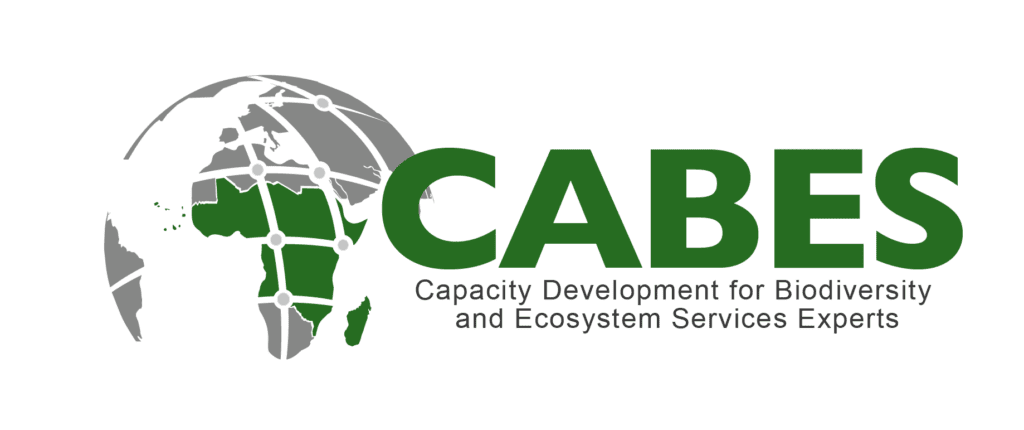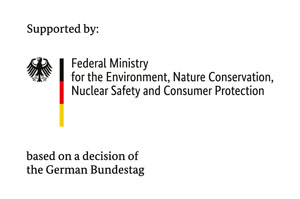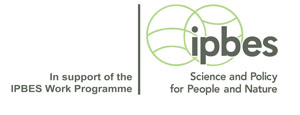National Biodiversity Platforms
National platforms/National multi-stakeholder science-policy-practice platforms
The CABES initiative will establish and enhance credible, relevant, legitimate and sustainable national multi-stakeholder science-policy-practice platforms on biodiversity and ecosystem services in eight African countries, including Burkina Faso, Cabo Verde, Côte d’Ivoire, and Sierra Leone (West Africa), Gabon and the Democratic Republic of Congo (Central Africa), and Ethiopia and Madagascar (East Africa). These national science-policy-practice platforms will:
- Serve as a mechanism for strengthening the interface between science, policy, practice and society, connecting a range of stakeholders such as government entities, scientists, non-governmental organizations, and indigenous peoples and local communities among others.
- Expand the evidence base on biodiversity and ecosystem services (BES) and practical experience for transformative decision-making through the integration of BES considerations into policy, planning and decision-making at multiple scales.
- Help identify entry points and integrate biodiversity and ecosystem services into strategic national, sub-national and sectoral policies, plans, strategies and legislation as a contribution to building a better economy for people and nature in Africa.
-
Contribute to increased engagement with the different elements of the IPBES rolling work programme and the use of IPBES products in decision making. This will lead to evidence-based integration of nature’s contributions to people (NCP) into broader strategic agendas and decision-making processes on national sustainable development at different levels of government, thereby contributing to human and environmental well-being.
The eight countries will be supported through training, financial resources, as well as mentoring and knowledge sharing opportunities with other national platforms in Central, East and West Africa. Sustainability plans will be developed once the national platforms are established to ensure that the platforms continue to perform their role in perpetuity. This will include the identification of additional funding sources, in particular, from cross-sectoral stakeholders participating and benefiting from the platforms.
The UN Environment Programme World Conservation Monitoring Centre (UNEP-WCMC) leads the delivery of this work package, and has extensive expertise and experience in building capacity to establish national multi-stakeholder science-policy-practitioner platforms and undertake national ecosystem assessments (notably through its national Ecosystem assessment (NEA) initiative).



